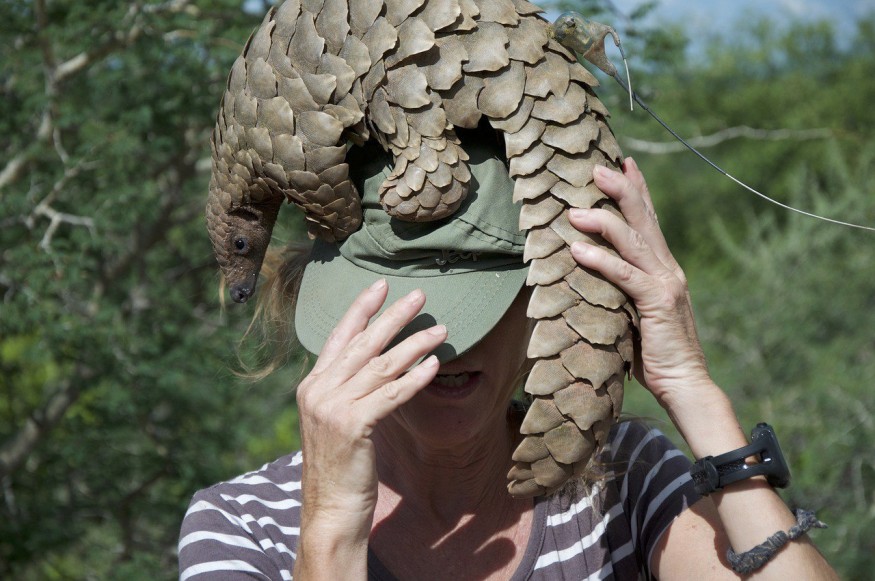
There is a new development on the theory that suggests that pangolins are the missing link between bats and humans in spreading coronavirus--the pangolins are not the culprit.
Scientists analyzed the viruses of pangolins (Manis javanica) captured in anti-smuggling activities in southern China. The study revealed that the identified coronaviruses in pangolins are different from SARS-CoV-2, the virus that causes COVID-19. This finding suggests that pangolins were not responsible for transmitting the virus to the people.
According to the study, pangolins have the capacity to harbor coronaviruses related to the new coronavirus. One of the viruses found in pangolins has a structure that closely resembles the new coronavirus' spike protein that allows the entry of the pathogen into the cell. This, according to infectious disease researcher Tommy Tsan-Yuk Lam of the School of Public Health at the University of Hong Kong and colleagues reported. The coronaviruses identified however, are different from SARS-CoV-2, the virus that causes COVID-19. The study was published in Nature on March 26.
The study concludes that bats are still the closest relative host of SARS-CoV-2; it is the only known mammal to be infected with similar coronaviruses, so far.
The new coronavirus' similarity to the viruses of the bat and pangolin suggests that the viruses may have exchanged genes at some point before transmitting to people. The virus found in the pangolin, however, lacked a feature found in SARS-CoV-2 that may have facilitated the viruses' transmission to humans. These findings suggest that the virus may have adapted to another yet unidentified host before transmitting to humans, and eventually spreading around the globe.
The study team, however, cautioned that pangolins, while not directly involved in SARS-CoV-2 transmission to humans, must be handled carefully. Pangolins are the most illegally trafficked mammal because of its known medical benefits. It is also a special delicacy in China.
A previous study conducted by scientists at the South China Agricultural University reported that the endangered pangolin might be the missing link between bats and humans in spreading coronavirus. The team tested more than 1,000 samples from wild animals and learned that the genome sequences of viruses in pangolins are 99% identical to those on coronavirus patients.
James Wood, head of the department of veterinary medicine at the University of Cambridge, expressed that although investigations into animal reservoirs are vital, the results of the said study must be published for international scrutiny. He also cautioned that "simply reporting detection of viral RNA with sequence similarity of more than 99% is not sufficient." He added that to identify the "missing link", each species available at the Wuhan wet market needs to be tested. The market, however, has been closed since the outbreak, thus is not an option. China has then declared an immediate and comprehensive ban on the trade of wild animals last February 24.
Although the virus has spread around the globe, infecting and killing the lives of thousands of people and leading countries to a lock-down, identifying the 'carrier' of the novel coronavirus is crucial in preventing imminent epidemics.
© 2025 NatureWorldNews.com All rights reserved. Do not reproduce without permission.





